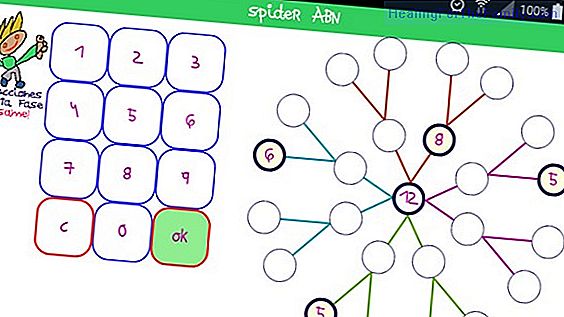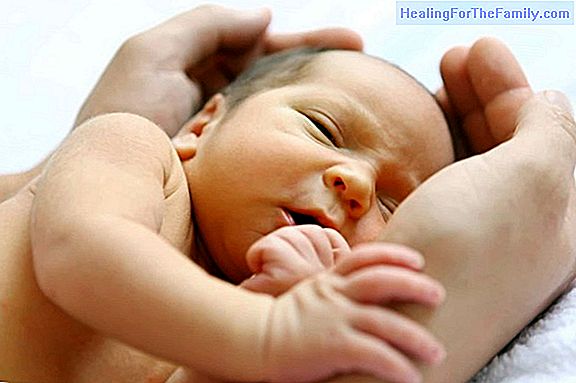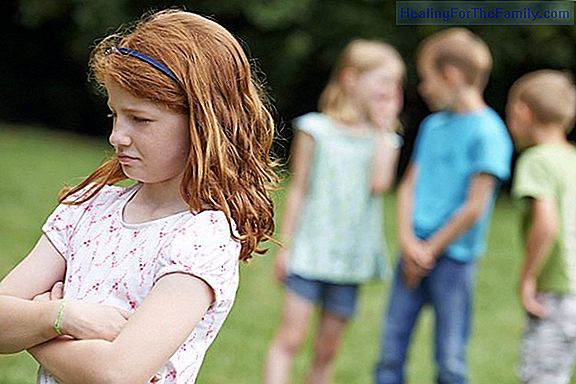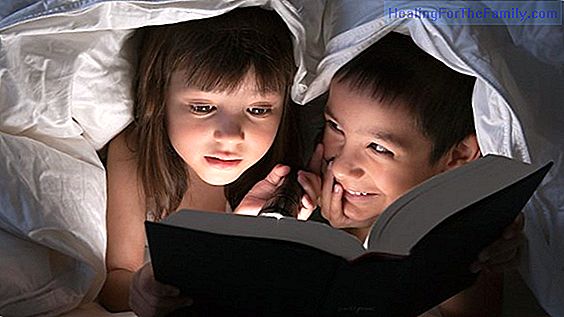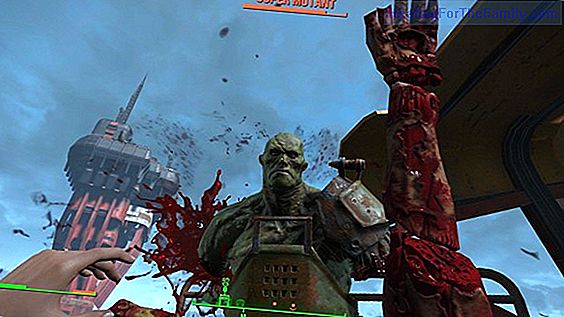The death and mourning of children
Children manifest the state of grief in a different way than adults. They do not talk about what confuses them or worries them about death, but they let it see through behaviors different from the usual ones, which in many cases, manifest anxiety. And is that assimilate that they will not see or tal
Children manifest the state of grief in a different way than adults. They do not talk about what confuses them or worries them about death, but they let it see through behaviors different from the usual ones, which in many cases, manifest anxiety. And is that assimilate that they will not see or talk to someone important to them in their lives because they died is a blow that escapes their childish logic.
The loss of a loved one for children
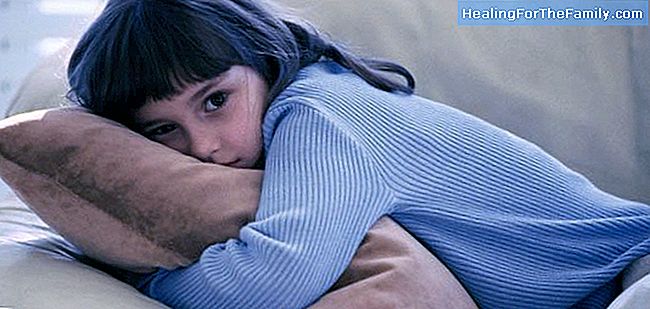
Handling absence is difficult for children, especially if we think that they live fundamentally in the present. Therefore, it is important for parents to assume that we can not deceive them or disguise reality. Death is part of life, and so we must make it understand, although tactfully and in the least painful way possible. If we choose to let them live in a bubble, oblivious to pain and adversity, we will not be helping our children to build a strong and courageous personality.
The atmosphere of sadness that is experienced at home after the death of a loved one can cause great confusion in the child when the truth about death has not been explained to him. Children can speculate with some misfortune about them or their environment, and they may even understand that we want to abandon them or that we no longer want them. Before coming to that it is more advisable to tell them the truth about death in a natural way, making them understand that it is something punctual, that it is part of life and that it does not happen every day.
Positive responses from parents help children to fulfill their grief, a phase that we all have to go through to overcome the loss of a loved one. The understanding of death by children is painful at first, but comforts in the long term, because when it is disguised, children feel more desolate and disappointed to know the truth.
However, when the loss corresponds to figures as important to the child as the father or mother, we must assume that the child will be sad and depressed for a long time and that he will need constant psychological support. Specialists say that removing photos or memories of deceased people is counterproductive, and what really helps them is physical contact and dialogue. With these weapons the child will be able to vent and eliminate tensions.
Marisol Nuevo. Copywriter

